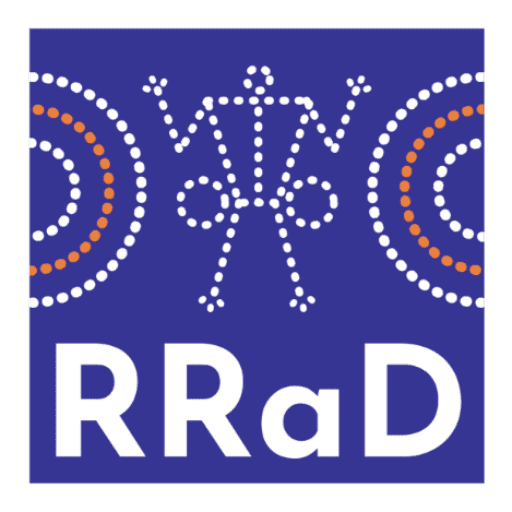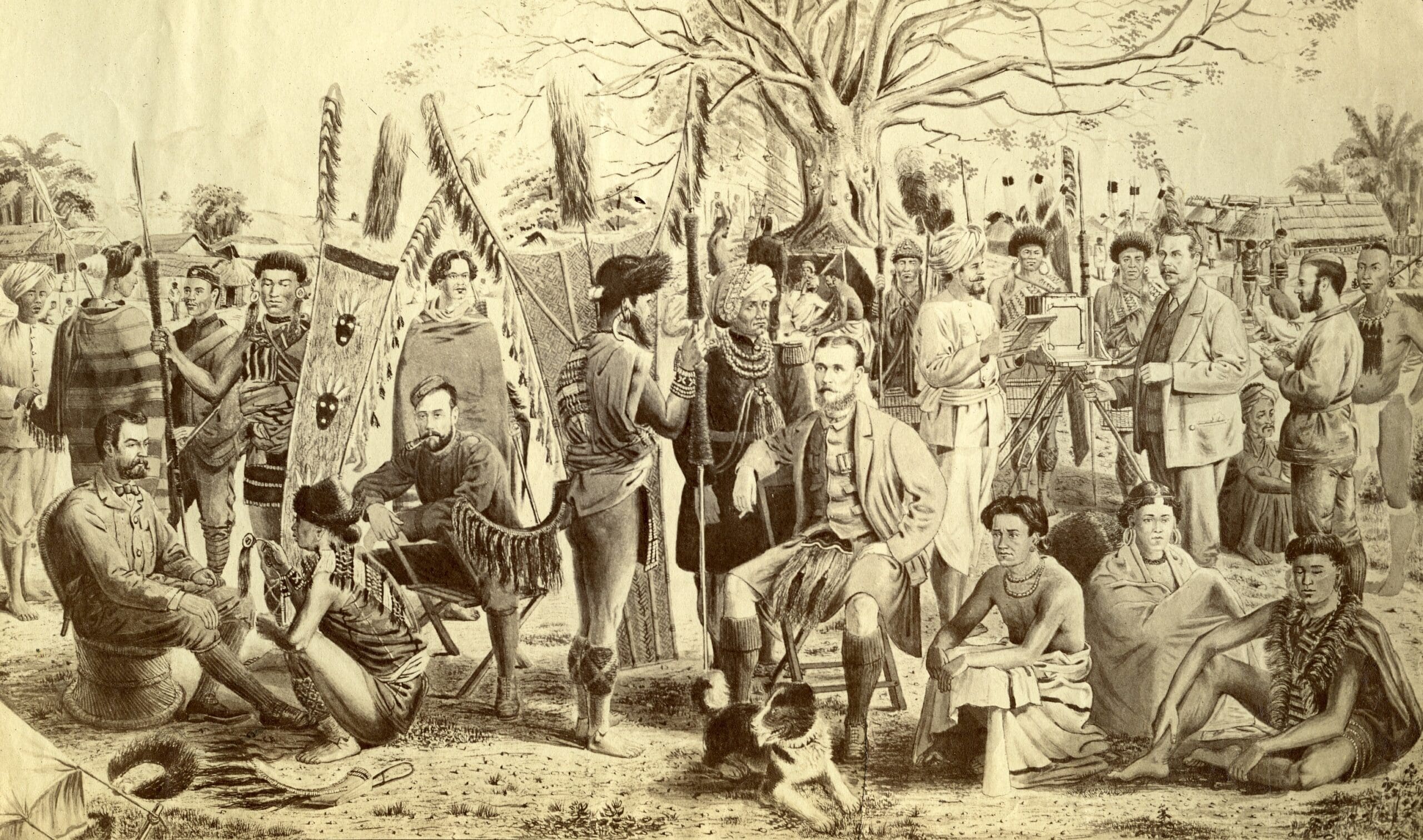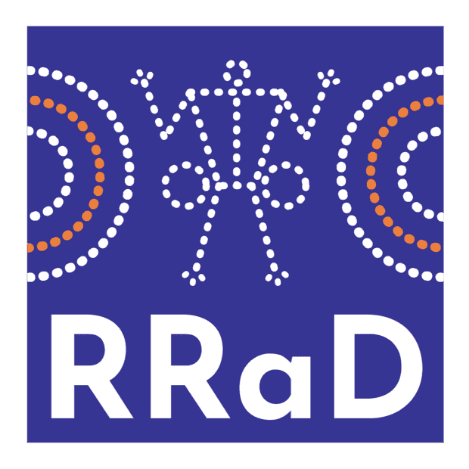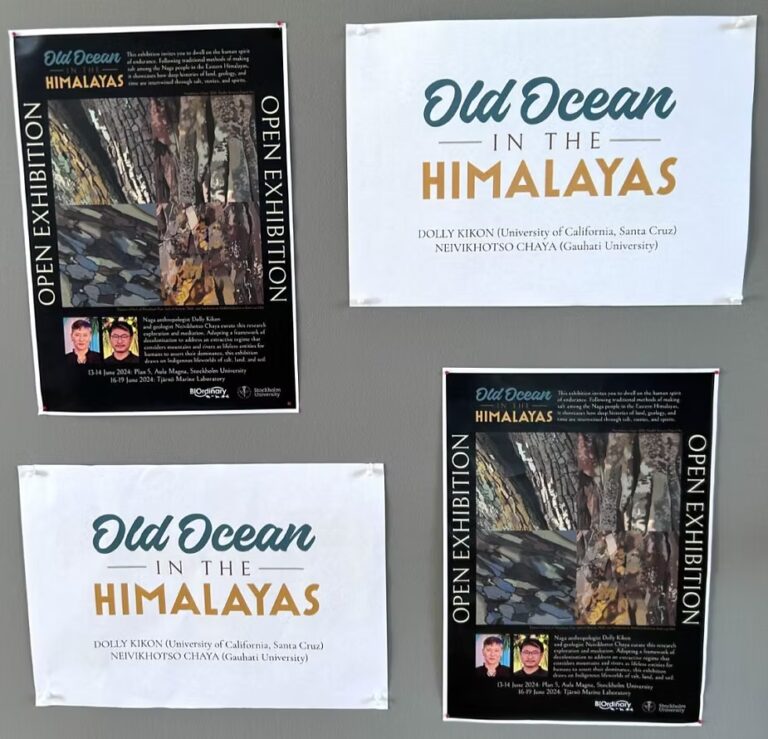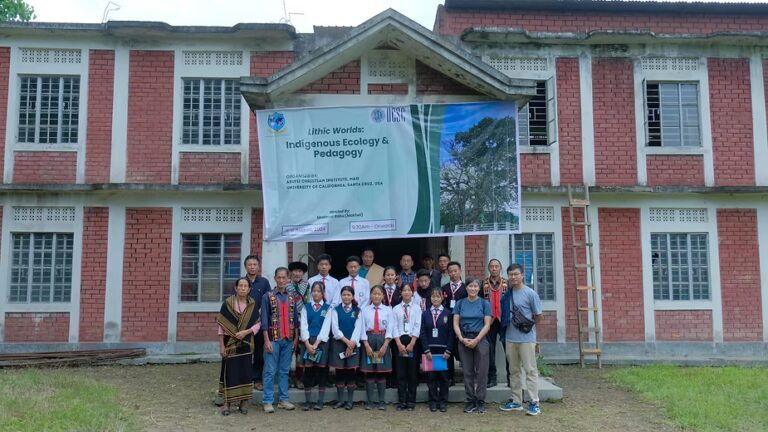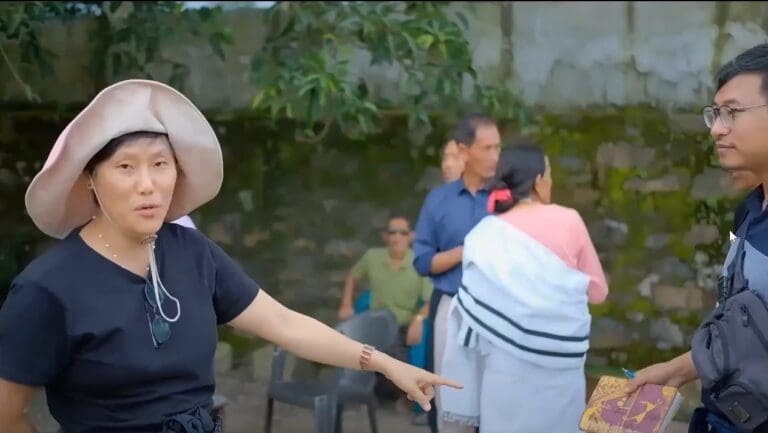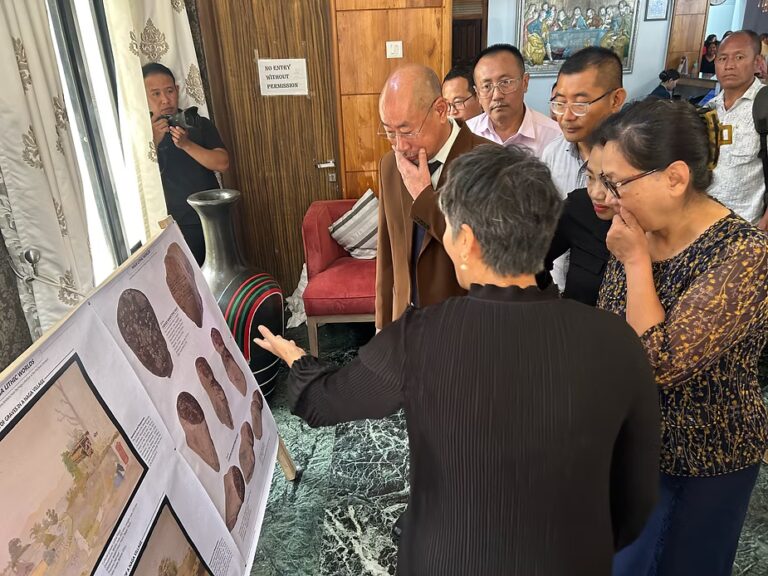“The unfinished business of Colonialism,” while it triggers the agenda of ‘de-colonizing’ beyond the narrative of reconciliation and healing, is in need of creating a process within a ‘Naga soul’ that calls for a collective responsibility to strengthen and give impetus to the whole process of repatriation. Though the process is struggling to find a form to store the content, yet, the term ‘repatriation’ seems to be a limited concept to be employed with the whole process of bringing back the Naga ancestral remains and giving a new meaning and narrative to it.
For some the whole idea of bringing back the Naga ancestral remains ‘preserved’ at the Pitt Rivers Museum is not so important a venture, yet, the common refrain is to bring it back. While in theory, the challenges of bringing ‘it’ back may seem easy in consideration of the museum’s willingness to return, however, it seems to be the ‘legitimate claim’ associated that makes it not only time taking but also difficult as it involves a whole lot of issues related to ownership beside other considerations.
However, the more challenging aspect, and which is made more pronounced by the very nature of its uncertainty, is the issue of how the process is to be culminated. For now, the Forum for Naga Reconciliation has taken the lead but only as a facilitator of the process. It is within this situational context that the call for a ‘Naga soul’ and therefore a collective responsibility becomes paramount.
Considering the horrific forms of violence associated with the acts of colonialism and the need to redefine and assert who Nagas were and are, the proposal to return the Naga ancestral remains can be seen as a window opportunity to re-write Naga history that has for so long remain shackled within the bondage of a violent colonial historical imaging. Such a colonial (mis)constructed ‘imaging’ has left a deeply entrenched legacy in the Naga self and which continues to haunt to this day. More so, the misplaced context continues to trigger different stereotyped identity markers.
Highlighting the challenges, firstly, invoking the Naga Soul and the call for a collective responsibility for re-crafting the Naga collection and which rests entirely with the Naga people requires a conscientious processing. The question of ownership and who owns is a contention in the process of finding the Naga soul. This also calls for common sense knowledge without unnecessarily triggering or ruffling the feathers of emotions, of religiosity and various other differences.
Secondly, finding the content of the ‘Naga soul’ is also crucial to clearly defining the end objective – whether Nagas decide to put an end to colonial history or give a new meaning and narrative to it. For Pitt Rivers museum too, while the narrative of decolonizing seems to be the dominant factor, one issue may be the constraints of space along with the challenges of preservation of ancestral remains considering the evolution of times, understanding and more so rights. Thus, the same challenge is represented again. But, ‘whatever’ challenges being presented, at stake is Naga History and the opportunity to re-craft and rewrite.
Thirdly, the challenge lies in identifying who the baton should be handed over to by FNR if at all a collective decision is for preservation in a museum. For now the FNR as facilitator is taking the lead because of the fact the Pitt Rivers preferred a non-governmental body.
Lastly for now, a real danger is presented in the course of re-crafting or rewriting Naga colonial History, because the focus now shifts from the colonizers lens to the colonized. It is about rewriting and re-asserting ‘who Nagas are’? While the initial idea of decolonizing sounds noble, the Naga soul and the question of redefining ‘who Nagas are’ lie at a threshold between de-colonizing and reverse-colonizing. Even captioning then becomes caught at this threshold.
While the Pitt Rivers Museum in Oxford may want the Nagas to reciprocate and abide by the ‘envisaged’ spirit of decolonizing in completing the process of repatriation of the Naga ancestral remains, once again we find ourselves caught in the dilemma of extending the spirit of decolonizing and reconciliation on one hand, and the need to re-craft and re-write Naga colonial history which would be doing reverse-colonizing instead of decolonizing.
First published in The Morung Express on July 19 2022
Link: https://morungexpress.com/naga-ancestral-remains
